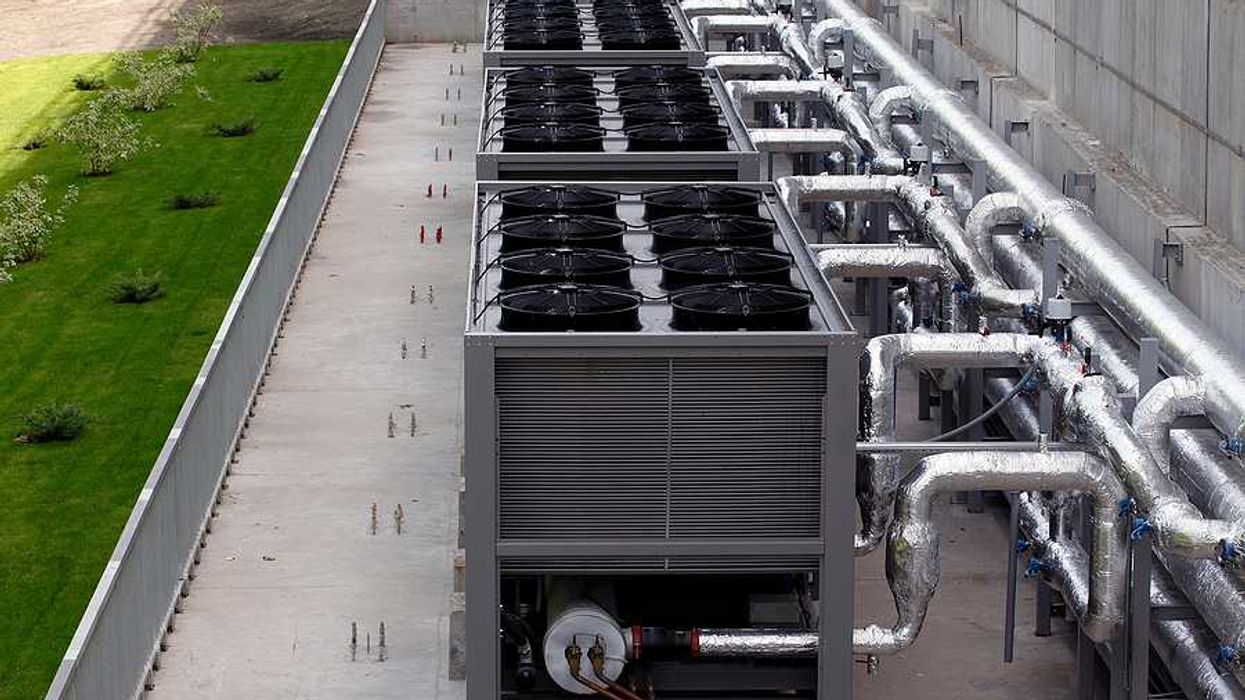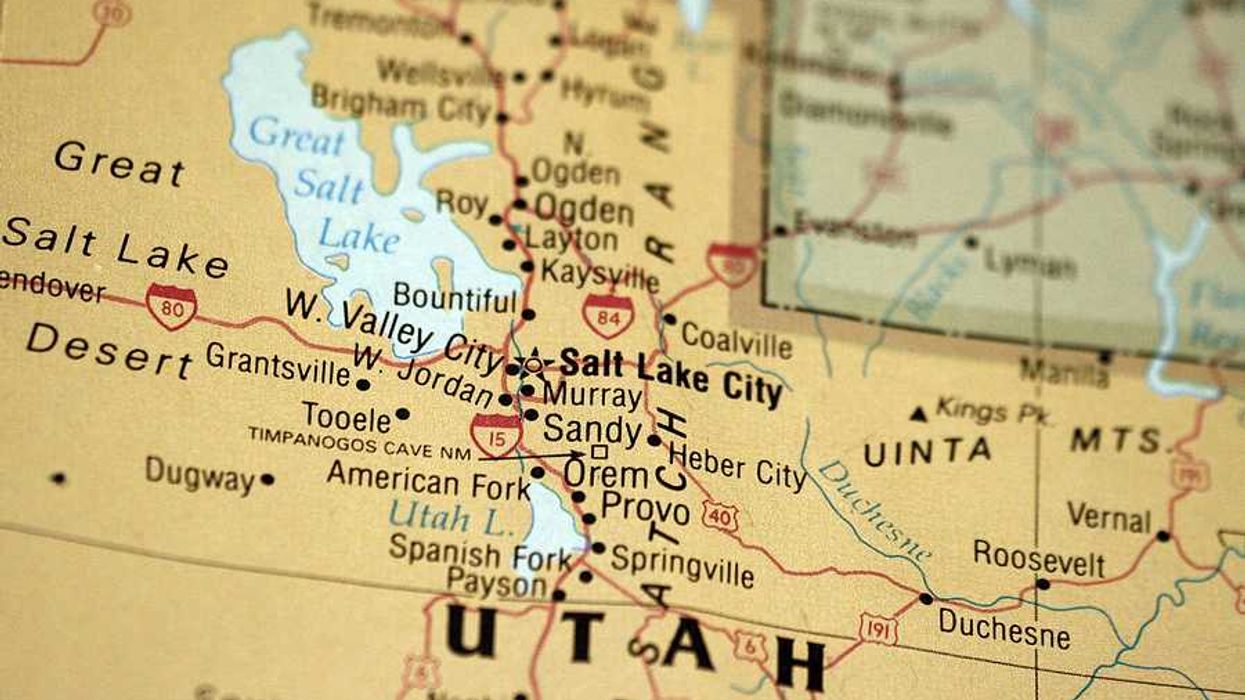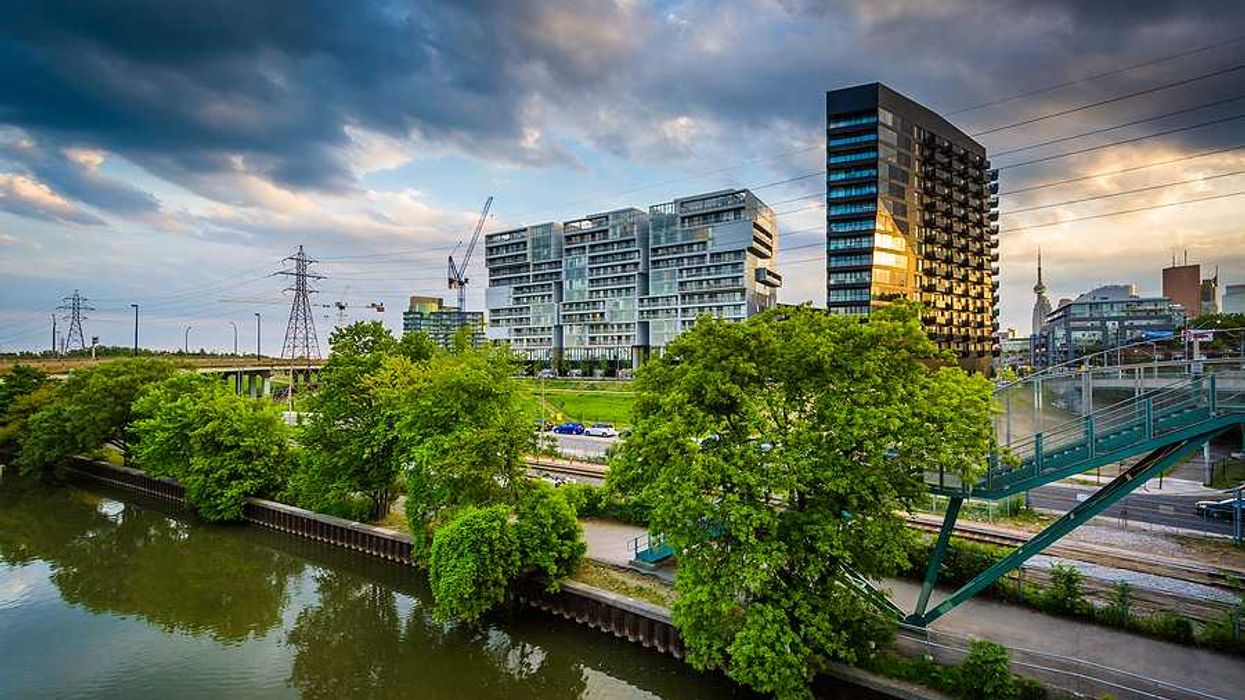In British Columbia, despite recent devastating climate events, the latest budget focuses more on emergency response than on preventing future disasters.
Zoë Yunker reports for The Tyee.
In short:
- The budget increases funding for emergency management but lacks investment in measures to prevent climate disasters.
- Experts criticize the budget for not addressing the root causes of climate events, emphasizing the need for a shift towards resilience and proactive measures.
- While some funding is directed towards drought issues and wildfire mitigation, there is a call for more strategic, long-term approaches to climate response.
Key quote:
"We have too many provincial officials with their heads stuck in the mud from floods and their heads stuck in the ash of forest fires."
— Sto:lo Tribal Chief Tyrone McNeil, chair of the Emergency Planning Secretariat
Why this matters:
This article highlights a critical gap in addressing climate change: the need for proactive, preventative measures rather than reactive responses. It underscores the importance of investing in resilience and preparedness to mitigate health and environmental impacts, aligning with broader national and global efforts to combat climate change.














